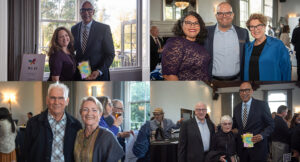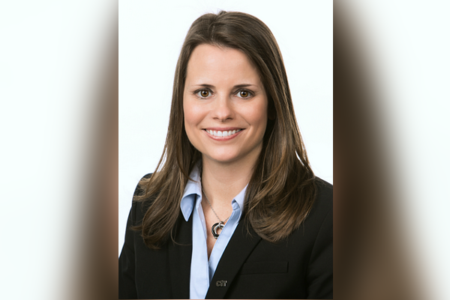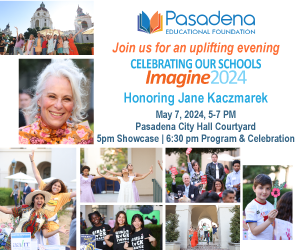
Given the rocket pace of technology over the past two decades, it’s conceivable that computer coding will, sooner than later, become the new basic English for young students. We might all one day write our own handy codes for our own smart devices. (“Hey, Alexa, what kind of mood is my boss in today?”)
Few are more aware of that than Nicole Chang, whose Coder School, an after-school dropoff site dedicated to teaching computer coding, set to open in Pasadena Sunday, March 8. The local franchise is one of more than 40 nationwide, and the latest in Southern California, where there are currently a half-dozen Coder campuses.
As Chang, a trained violinist who was educated at Harvard, Yale, and Stanford, explained recently, “I wanted something that I was passionate about, that I believe would really just kind of help society, if you will.”
Both Chang’s parents are in education, and she says, “I always teach different things. I love it. And of course, technology is the future, as is coding.”

But many schools are simply not as equipped to teach immersive coding classes, she noted.
“I see that some schools are challenged,” Chang continued. “There are teachers who don’t know necessarily know about it, or they don’t have the budget or what before were a whole variety of reasons. I thought this was a great thing to have. I spent a couple of years kind of looking for the right kind of franchise, especially looking a lot at education ones, and I landed on this one.”
The Coder School offers a 2-to 1 student/ teacher ratio with classes held three days a week.
‘We’ve found that having 2 students and one teacher provides better interaction,” said Chang.
The programs are designed for students at all skill levels, ages 7-18, and move through a broad array of languages from Scratch to Python, Javascript, and Java.
No, it’s not snakes and coffee.
While coding is the basic skeleton of every single computer program you have ever, ever used, many are unfamiliar with the details.
Asked for a simple explanation of coding, Chang offered, “Coding is really a set of rules to enable something. Artificial intelligence is based on coding.”
She continued, “It’s sort of mimicking a way of thinking.”
Delving just a little bit deeper, Chang says, “The simplest one may be something like getting dressed in the morning. So it’d be something like ‘look at the weather,’ right? Let’s say I have these different clothes which can be combined in different outfits. So let’s say that we come up with a code that tells you what kind of shoes you’re going to wear. So you might say, ‘What is the weather? What are the events I have to do today? And then how much time do I have to get dressed?’”
The program, based on the code that someone has written, would take it from there. Multiply that tiny equation by any gigantic number, and that might provide the number of endless possibilities of computer coding through the future.
But Chang, naturally, thinks bigger.
“I don’t think of this just as a school,” she said. “I think of this as a center of thinking because really my, because I think there are a lot of places, great sites online to learn how to code per se. And frankly, I don’t think a lot of people are going to become coders in life. It’s like studying a musical instrument. Most people aren’t going to become musicians, right? But there’s a huge volume to it.
“And what I really hope to develop here,” she continued, “is to have people think about the implications.”
The Coder School is 317 South Arroyo Parkway, Suite 5, Pasadena, CA.








